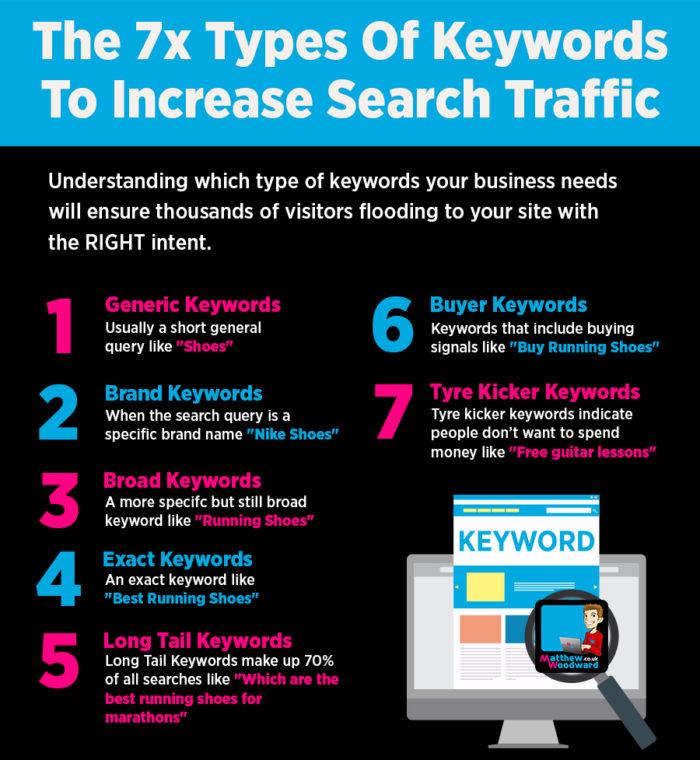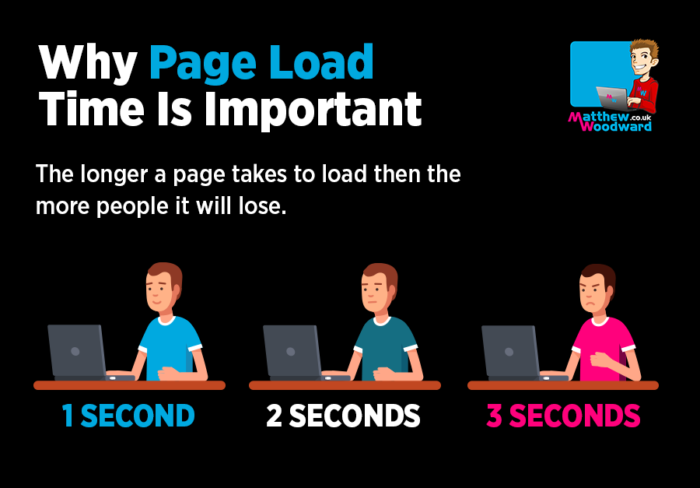In this article, we will discuss why effective SEO strategies are therefore a must in today's online marketing world, and how you can tackle this challenge.
Profitworks can help with effective SEO strategies. We are a team of marketing specialists. Each member of our team specializes in a specific subset of marketing or search engine optimization, which enables them to gain a deep level of expertise within that focus area - contact us today!
Now let's look at the top six things you must do to grow in this area. The aim is to encourage as much organic traffic as possible to go to the website and in order to do this, that website needs to rank as highly as possible for relevant search terms or ‘keywords’.
Top 6 Things You Must Do To Have Effective SEO
SEO (search engine optimization) is the process of manipulating certain factors to get a website to show up in search engines such as Google and Bing. Although there are many different ranking factors, not all are created equally so we are going to take a look at some of the strategies you can use which will give your SEO a boost.
Build your site on strong foundations
One of the biggest problems with websites that are struggling to rank their pages and get organic traffic is that their website is full of technical SEO problems. You wouldn’t build a house without first checking the foundations, so why would you publish on a website without taking the time to create a solid structure?
This is an important element that affects user experience, which is a high priority for Google. To make your site easy for both users and bots to find their way around, you should review your site structure.
A good rule to use is to make sure they can get from your home page to your product or contact form / online quote pages within 3 clicks.
Effective keyword research
Keywords are the bridge between search engines and websites. If you optimize your page for the right type of keyword, you’ll get organic traffic flooding to your site. Fail to do this and you’ll struggle to even make it to the first page.
There are a few things you need to be aware of when you carry out keyword research. The first is to find the right balance between relevant search terms and your competition. Obviously you need to have a decent level of search volume but if it’s very high you can bet you won’t be the only one trying to rank for it.
You can find these stats by using keyword research tools, such as:
The other thing you need to decide on is what type of keyword is best for your site. Here’s a quick look at the 7 types of keywords:

Our recommendation would be to focus on long-tail keywords as they usually target the right balance between competition, traffic, and calls to action.
Quality content creation
There is a ton of low level, thin, rehashed content around that has only been produced to optimize keywords. This is a big mistake.
You need to build a solid content production strategy that is written for your audience, not for search engines.
If you actually take your SEO hat off and go where your audience is, whether that be social media, forums, or even in the comment sections of your articles, you’ll find out exactly what they are struggling with and you can then go on to create content that solves their problems.
This is a much more effective strategy if you want to get more organic traffic to your site AND keep it there.
SEO audits
Regular SEO audits are crucial to the success of any website. But rather than just chucking your URL into an audit tool and sorting out the issues, you should be going one step further. There are some manual checks that you should carry out first.
- Listen to what your visitors think - conduct a survey and ask the people that matter what they like and dislike about your site. You can also use this opportunity to see what content they would like you to produce and how (text, infographics, video, etc).
- Then you need to go ahead and observe those issues raised, for yourself. Put yourself in your reader’s shoes and spend some time navigating your site and checking out the problems. You’ll probably add a few of your own to the list.
- You need to carry out some technical spot checks on the most common problems:
- Mobile indexing - use Google’s mobile-friendly test to ensure your site passes.
- Mobile & desktop speed tests - use Google’s page speed insights tool to make sure your site loads well on all devices.
- Check your performance metrics - use GTMetrix to perform speed tests and check your metrics.
- Review data - use Google’s structured data testing tool to make sure you have no errors.
Once these checks are complete you can run your site through an audit tool like Ahrefs or SEMrush and then make a note of all the problems. Then you just need to make a robust plan of action prioritizing the things that will make your visitors the happiest when fixed.
Website speed
Website speed is an official ranking factor and one that you should be taking very seriously. If your site takes more than 3 seconds to load you are losing traffic.

There are a number of ways you can get your site speed faster. Follow these simple steps:
- Test your website speed - use a speed testing tool such as GTMetrix or Web Page Test to see what your current site speed is and make a note of it.
- Install a caching plugin - this will ensure that after the first visit all the data is stored (cached) and won’t need to be loaded for all subsequent visits.
- Image optimization - use the plugins Short Pixel and Smush to compress your images for faster load time.
- Set up LazyLoading - and use this plugin so that instead of your page loading completely right away, it will load as the user scrolls through.
- Use a CDN - a content delivery network like CloudFlare will store your content in different servers all around the world for a quicker load time.
- Retest your speed - After completing these steps you then need to retest your speed to see what improvements have been made and whether it's time to consider some more drastic action.
Link Building
Only once you have the above strategies in place is it time for link building. People are obsessed with link building but they make the mistake of not actually having a site worth linking to. So if you can honestly say you feel proud of your site and your content, then you can get started building links to it.
There are a number of strategies you can use:

But my favourite strategy is competitor backlink analysis. Simply put, this is where you take a look at your competitors' best backlinks and replicate them. There are a few tools that make this incredibly easy. You can use Ahrefs to find all the data you need, and then export it in this intelligent spreadsheet that will analyze the data and tell you which backlinks you should go after.
Summary
SEO changes all the time and the days are long gone where tactics like keyword stuffing actually work.
Now you need to focus on giving your visitors the best possible experience and the search engines will rank you highly for it.
Treat your website like you would a brick and mortar business. Keep it clean and tidy, fully stocked of interesting and helpful content and make sure all the wheels behind the scenes run smoothly.
About the author:
Matthew Woodward is a digital marketer who runs a blog that publishes detailed tutorials that focus on helping his audience build a strong online business.
Facebook - https://www.facebook.com/
Twitter - http://twitter.com/
Linkedin - https://www.linkedin.com/in/
Youtube - https://www.youtube.com/
Looking for an effective SEO service? Go With Profitworks!
Profitworks Small Business Services provides website traffic and website conversion optimization services to increase the number of sales generated from a website. The focus of our services is on increasing sales and providing a positive return on investment!
To learn more about Profitworks, click here. If you are interested in getting new customers for your business, contact us today!
Get your hands on our free SEO checklist or click the button below to get in touch!
